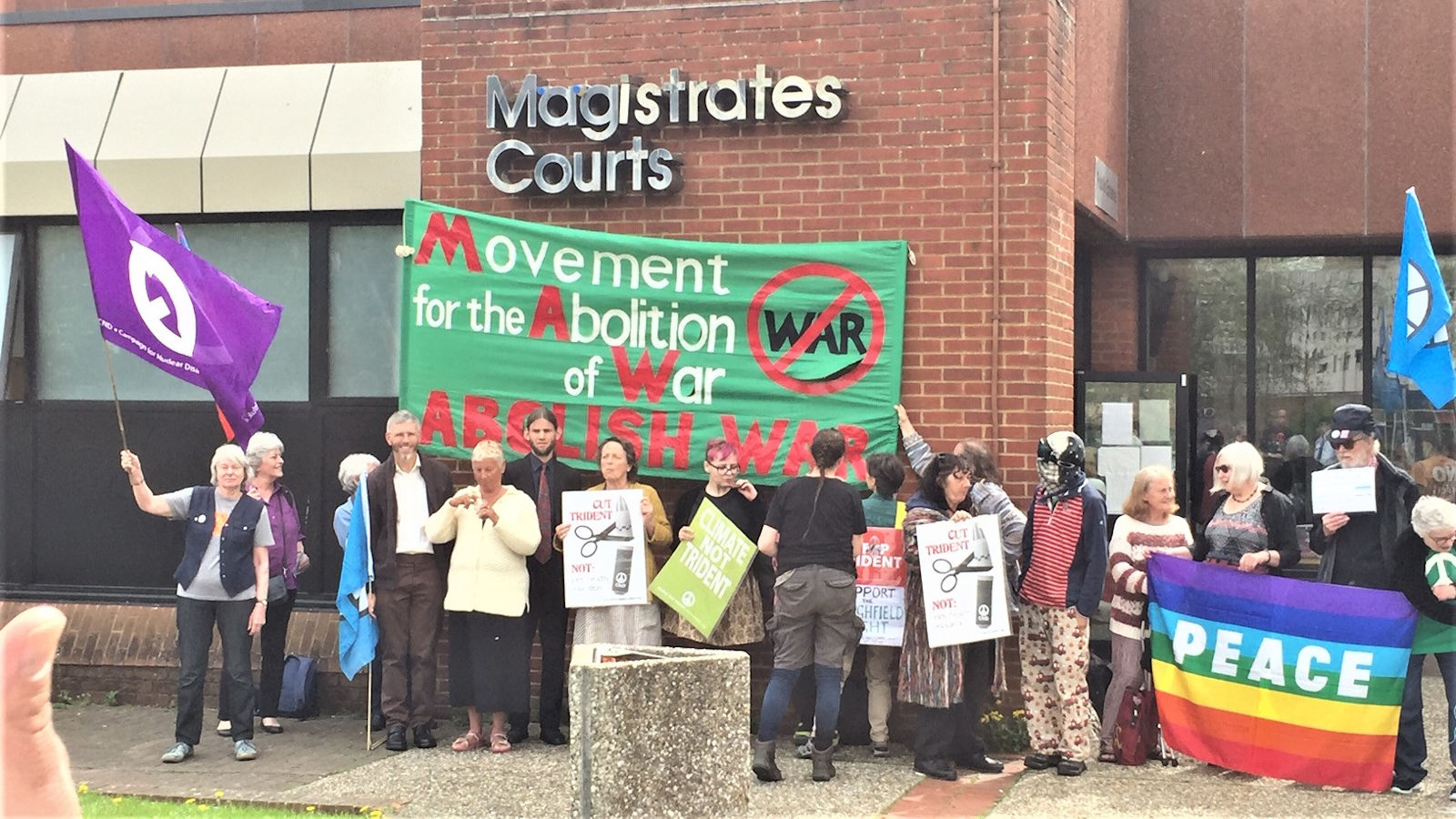
Is Abolishing War Possibile?
Robert C. Koehler / Peace Voice
(June 7, 2024) — If we can end, let us say . . . slavery — the legal “ownership” of other human beings — can’t we also end other great social wrongs? Can’t we also end war?
As I ask this question, I am suddenly bludgeoned by an unexpected irony, since the United States ended slavery through a brutal war, with a death toll of perhaps three quarters of a million people.
But it was worth it, right?
Well, that’s what history tells us. It has essentially “made peace” with the war and now celebrates the moral objectives of the winning side, with all its carnage forever reduced to a statistical abstraction.
The topic of this column is the abolition of war — the urgent necessity of doing so — so, how odd it feels to begin by referencing a “good” war, which ended an enormous wrong . . . or at least forced the wrong to morph into a different, less legally blatant form of racism known as Jim Crow. (And when Jim Crow was defeated by the nonviolent civil rights movement a hundred years later, the nation’s racism morphed into such things as the “war on drugs” and an expanding prison-industrial complex.)
In any case, the Civil War — or at least its reduction to the simplicity of good vs. evil —is the manifestation of war’s staying power and principal talking point: War is always necessary, damnit! Both sides think so, and the winner is the one who gets to write the history. At least that’s the way it used to work.
In my lifetime, things have changed significantly, at least from the point of view of the United States, the world’s primary military power (at least for now). While war is bloodier and more devastating than it’s ever been, it no longer has much to do with winning and losing — at least from the US point of view, which has basically “lost” (whatever that means) every war it has started since the Vietnam era. And that hasn’t seemed to matter. Winning isn’t really the point anymore, at least from the point of view of the moneyed interests of war. What matters is waging it — that is to say, what matters is keeping the profits flowing.
Or to put it more politely: What matters is keeping the sanctity of war alive and well.
Indeed, I’m reminded of George H.W. Bush’s comment in 1991, after the success of the first US Gulf War. “It’s a proud day for America,” Bush declared. “And, by God, we’ve kicked the Vietnam syndrome once and for all.”
That is to say, the American public’s antiwar cynicism after Vietnam was now just more wreckage to be found on the Highway of Death. War is good again in America! We no longer have to be content simply arming contras and fighting proxy wars. We can get back to the real deal. The Military Industrial Complex, which was born in the wake of World War II, has returned, front and center.

And that’s where we’re at today. As David Vine and Theresa Arriola write:
“Those two forces, the military and the industrial, united with Congress to form an unholy ‘Iron Triangle.’ . . . To this day those three have remained the heart of the MIC, locked in a self-perpetuating cycle of legalized corruption (that also features all too many illegalities).
“The basic system works like this: First, Congress takes exorbitant sums of money from us taxpayers every year and gives it to the Pentagon. Second, the Pentagon, at Congress’s direction, turns huge chunks of that money over to weapons makers and other corporations via all too lucrative contracts, gifting them tens of billions of dollars in profits. Third, those contractors then use a portion of the profits to lobby Congress for yet more Pentagon contracts, which Congress is generally thrilled to provide, perpetuating a seemingly endless cycle.”
This is the secret context of war — at least American war. The context is hidden behind the enormously effective public relations of war, whose headline slogans over the past few decades have mutated from “war on terror” and “axis of evil” to “Israel has a right to defend itself” — turning thousands and, ultimately, millions of deaths (deaths of civilians, deaths of children) into abstractions: collateral damage. We had no choice.
Knowing the illusions hiding behind the heroism and glory of war — the grotesque profits for some, the horrific toll taken on so many others — is crucial to establishing the urgency of its abolition. And then there’s the cost on the environment: how war poisons our ecosystems; how it murders the planet’s biodiversity; how it diverts our focus (financial and otherwise) from putting our money and energy into saving the planet, to making planetary destruction our primary effort.
And beyond all this, waging war requires the ever-presence in our national minds of . . . yeah, an enemy. War simplifies conflict, which is always inevitable and could be constructive, and turns it into “us vs. them.”

And since nations spend so much money and effort preparing for war, they are always predisposed to turn conflict into the wrong kind of opportunity: an opportunity to define and kill an enemy. And step one is always this: dehumanize the enemy. That makes the killing of the bad guy (and all the collateral civilians who are in the way) totally fine, totally necessary.
And when we grow accustomed to the dehumanization of others — the refusal to listen, to acknowledge they have a point of view, let alone a soul — we simplify and diminish ourselves, essentially turning ourselves into our imagined enemy. And thus we’re always living in fear because war always comes home: Enemies always retaliate. Or their children grow up and retaliate.
So was the Civil War a “good” war, a necessary war? Ending slavery was certainly absolutely necessary, just as never creating it in the first place was necessary . . . but happened anyway.
The only lesson I can draw is that we’re not going to succeed at abolishing war unless we first succeed at transcending our exploitative interests. What does this mean in today’s world? Let the conversation begin.
Robert Koehler (koehlercw@gmail.com), syndicated by PeaceVoice, is a Chicago award-winning journalist and editor. He is the author of Courage Grows Strong at the Wound, and his newly released album of recorded poetry and art work, Soul Fragments.